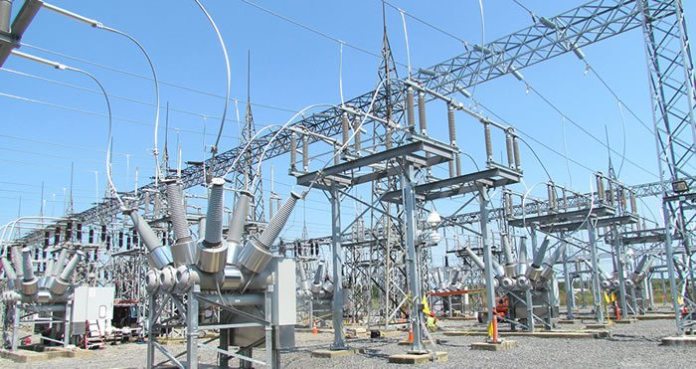Officials speaking at the one-day 2025 Ghana Economic Forum on Wednesday cautioned that the energy sector legacy debts remain a potent threat to Ghana’s fiscal consolidation.
John Kwakye, an advisor to the governor of the Bank of Ghana, noted that inefficiencies in the electricity value chain, legacy debts, tariff misalignment, and operational bottlenecks without structural reforms remained key challenges in the energy sector.
“The energy sector’s financing gap, estimated at 2.2 billion U.S. dollars for 2025, will continue to weigh on fiscal space,” Kwakye noted.
He added that the short-term interventions would not fix the long-term impact of the energy sector challenges on the economy, because industrial competitiveness is not sustained by interventions but by production, “and production depends on reliable and affordable energy.”
Ishmael Ackah, energy policy advisor to the energy minister, said despite the lingering headwinds due to underrecoveries, high system losses, and policy enforcement bottlenecks, Ghana is beginning to turn the corner as a result of the policy interventions introduced by the government.
Ackah said the government is negotiating with the independent power producers (IPPs), who contribute substantial capacity to Ghana’s energy mix, to realign tariffs with economic realities while protecting investor confidence and energy security.
Besides that, he said the government is also insisting on prudent procurement and investment, ensuring that every new energy infrastructure is subject to strict value-for-money audits and competitive procurement processes, while fast-tracking solar PV installations, including utility-scale and distributed systems, energy storage pilots, and localization of assembly lines, to make renewable energy affordable.
These raft of measures, the official said, were beginning to yield measurable outcomes, including improved collections, stabilized fuel supply frameworks, enhanced IPP engagements, and a digitalized planning architecture.
“If sustained, these interventions hold the key to restoring financial viability and catalyzing the long-awaited turnaround in Ghana’s energy sector within the immediate to medium term,” Ackah added.
The one-day forum was organized by Business and Financial Times, Ghana’s leading business newspaper, under the theme “Currency Stability—A Reset for Sustainable Economic Growth,” and was opened by Vice President Jane Naana Opoku-Agyemang.

